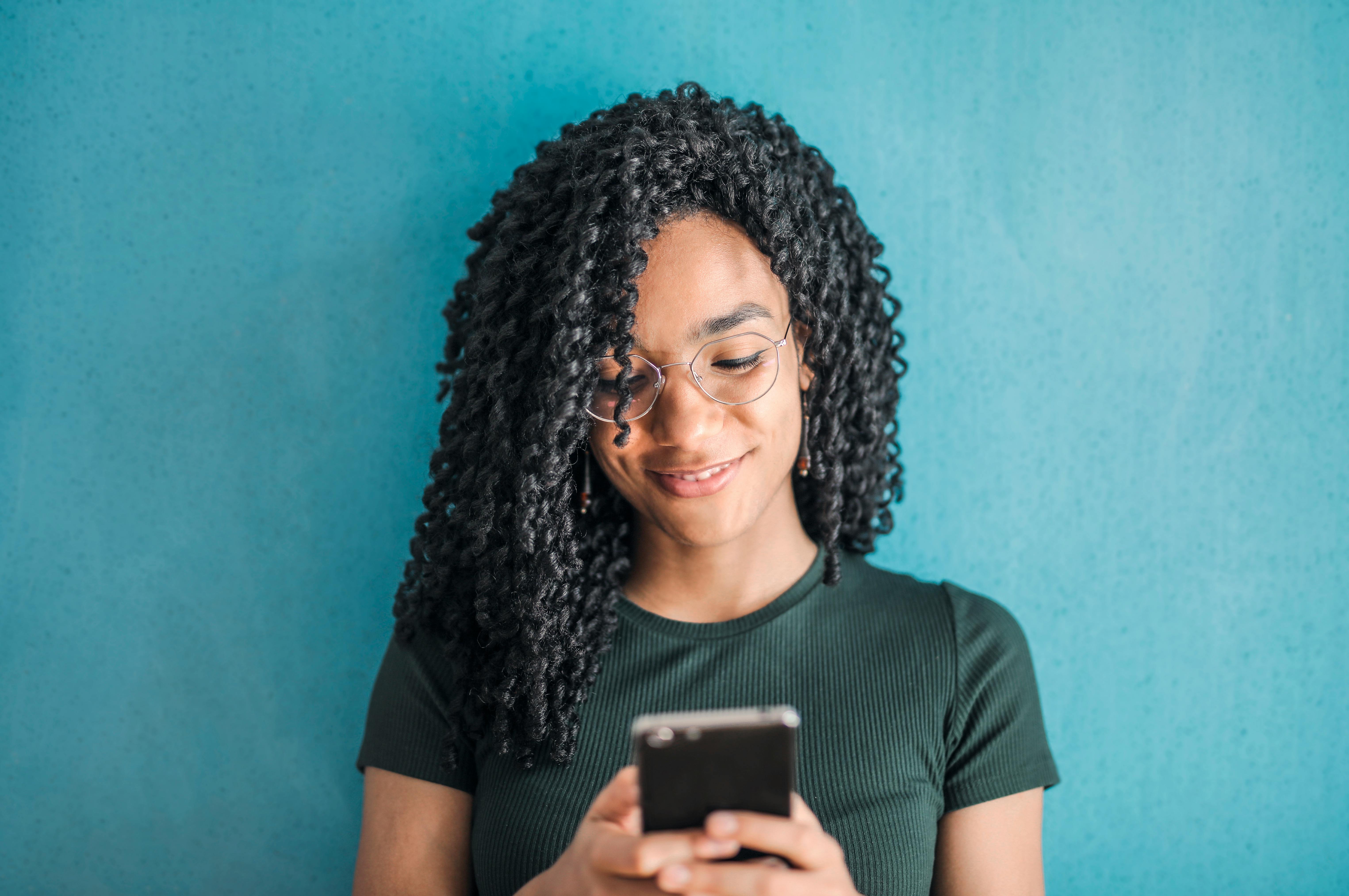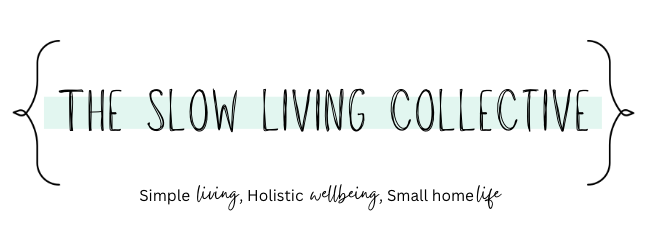Are you an avid phone user? It doesn’t matter if you use it for fun or socializing, it is good to be safe. If you haven’t mastered screen-free family living, you need to advise the family too.

Using this guide, you can find the best advice for staying secure when you use your phone.
Protecting your phone whenever you use it
Did you know that you can be at risk of being exposed every time you use your phone? Without the right security measures, you can be at risk. Using expert advice, you can understand how to set up a vpn on iphone and be on your way to securing your phone and personal information. VPNs are great to use if you want to protect yourself whenever you use your phone for browsing or entertainment. Be smart, be secure.
Locking your phone right
Another way to protect your phone is to put a lock on your phone. One of the most basic and strongest antivirus elements for your cell phone is a strong lock screen. Remember to use a passcode, a biometric option (like your fingerprint or face, which is almost available on all modern smartphones), or a pattern to lock and unlock your phone and other mobile devices (tablets, for example) so that only you can access things on the device.
Software is wise to update
Keeping the phone’s operating system (iOS, Android, etc.) and apps up to date is crucial to the security of your phone. Developers constantly release updates and patches to address security holes and vulnerabilities.
Encrypt it
Many of the newest smartphones have an encryption feature that will take the data on your phone and scramble it so that you can’t read it without a key that lets you unscramble it. It’s a full-disk encryption, so all your files and all the data on your phone including your personal information will stay safe if your phone ends up in a bad person’s hands.
Use the securest connections
Look for “https” in the URL when you are sending personal information on the internet. This shows that it is a secure website. If Wi-Fi is provided to you that is secured and locked by a password, use that as your first choice over public wireless. This protects your device as well as your personal information from eavesdroppers and interceptors. If you do not have access to secure Wi-Fi, use a Virtual Private Network (VPN) app to encrypt your traffic by creating a secure internet connection.
Phishing attacks
Avoid clicking on unknown links or opening attachments from unknown sources, which can lead to malicious websites or unexpected malware downloading. Think twice before replying to unsolicited messages and check official information on the sender’s identity before you take any further action.
App permissions matter
Take a few minutes to check the permissions you have given the apps installed on your handheld device. Consider removing permissions that are not necessary for the functioning of an app. Doing so will limit the amount of data you are sharing with the app developer.
